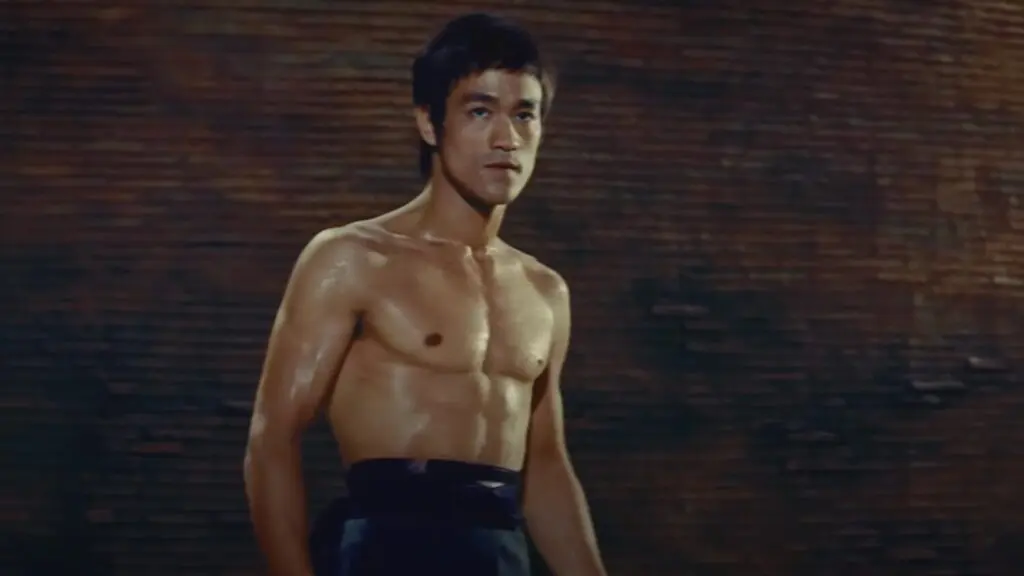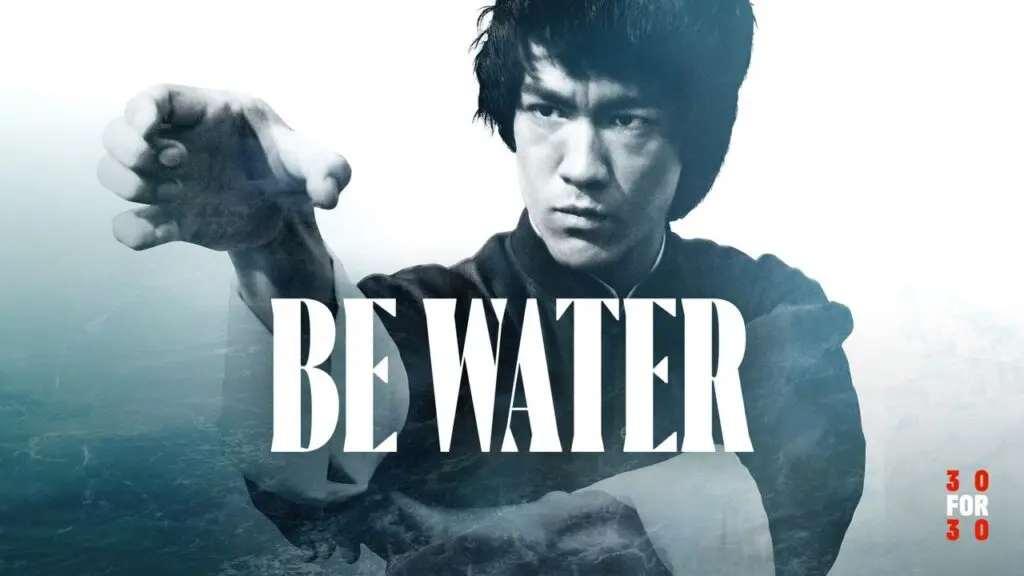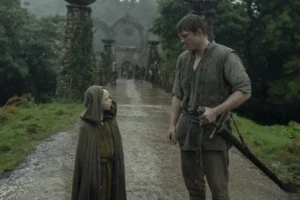Summary
What is otherwise a conventional biography adopts the insights and philosophies of its subject in a powerful profile of an enduring icon.
30 For 30: Be Water aired on ESPN on June 7, 2020.
The cynical among you might be wondering why Bruce Lee, star of TV and film and not sports, would be profiled on ESPN’s reliably high-quality 30 For 30 series. But the cynical are not the target audience of this exceptional biography, which takes a conventional format and imbues it with its subject’s own philosophies as well as timely meditations on race, racism, and how they relate to the American story – an idealized story of limitless success that, in retrospect, Bruce Lee might embody more than anyone.
So much of Bruce Lee’s present-day mythology is bound up in peerless martial expertise and his now-legendary acting career that it’s easy to forget he was once an immigrant who returned to Hong Kong, where he had grown up after having been born in San Francisco, because he couldn’t get a Hollywood role that wasn’t insultingly stereotypical. Lee’s experiences as a young man in ‘60s America forms a significant portion of Be Water, a title taken from his infamous 1971 interview with TV host Pierre Berton, and filmmaker Bao Nguyen is evidently fascinated with this period of the man’s life before he was turned away by systemic racism, died in 1973 at age 32, and was eventually eclipsed by his own legend.

The essential truth of Bruce the man, not the martial artist or actor or star, is that no matter how talented he was it wasn’t enough for White America – at least not until he returned to Hong Kong and made four all-time-classic martial arts films that sparked an international phenomenon. For a period of time he might have been the most famous man in the world; that he was Chinese-American mattered little as his skills, his teachings, his philosophies, and his activism all began to proliferate in mainstream culture. You have to imagine that his being Chinese-American would never have mattered, even when Hollywood told him that it mattered more than anything.
This is the underlying theme of 30 For 30: Be Water, and what makes it such a powerful profile despite it really following standard biographical tracks that lead from birth to untimely death, with oodles of testimony from Bruce’s friends, family, and former students, including daughter Shannon, wife Linda Lee Cadwell, brother Robert, and Kareem Abdul-Jabbar. Lee’s life is explicitly framed in the context of an Asian-American experience that was fraught with stereotypes, overseas conflicts, and a civil rights movement; in all this turbulence, Bruce Lee and Mohammad Ali, who he is directly compared to in the film, emerged as two figures who refused to be bound by vile perceptions, mistruths, scaremongering and hatred. Their righteous energy is also this film’s, which chronicles Bruce Lee’s life and career with enthusiasm, insight, and most importantly passion.




